What does your tiger cub need? Is she the type of child that is naturally wired to excel in algebraic equations and can intuitively comprehend geometry? Or does he need extra time and assistance to help make these seemingly foreign concepts stick? If you are like most Tiger Moms, you have high expectations for your child and high hopes for what they are able to accomplish. So what can you do when class time math instruction isn't enough? We have five tips on ways you can help your child succeed or encourage them to excel.

Five Ways to Help Your Student Master Math After-School
Here is a FREE Handout to Give to Parents

1. Start at School.
If you feel that your child is in need of extra math assistance, take a moment and connect with his or her teacher. Many teachers or schools offer after school homework help programs. There may be homework clubs that meet with different teachers. Some teachers are even willing to come early or stay late a few days a week and provide specific support for their struggling students.
If your particular school or teacher does not offer programs like this, check with your local library. Oftentimes, retired educators or members of the community volunteer in the afternoon as homework helpers. There may be specific math days or specific volunteers who are particularly passionate about the subject. Their assistance and support can be invaluable.
Your child's school or local library may also have a math club. With the new focus on STEM (Science, Technology, Engineering, and Math) instruction, many schools are creating math and science clubs to help foster curiosity and help students excel. If your child finds math too easy and is longing for more of a challenge, these clubs could be the answer. Members of these clubs can work together to complete weekly math challenge books. These packs can take ordinary math skills and present them in a way that causes your children to think outside the box and master problem-solving skills.
2. Make a call to a Math Center.
The next step in math intervention could be a call to a local math center. Several businesses, such a Kumon or Mathnasium, pride themselves on being able to help fill in math gaps and help get students up to their appropriate grade level. Sometimes your children just need to "see" math in a different way and "hear" the instructions in a different voice in order for it to click. These centers can specialize their instruction to meet the current needs and ability level of your student.
These centers can also be a great solution for students who are ready to go above and beyond the current math standards being taught in their grade level. If your child is passionate about math, capitalize on that! Oftentimes students who are not being challenged end up losing interest in subjects that were once their favorites. Today's teachers are truly doing the best that they can, but the reality is with a classroom filled with differing needs, it can be very difficult to push advanced students out of their comfort zone and stretch them to learn more difficult concepts. Specialized math centers have the time, resources, and opportunity to do that.
3. Talk to a Tutor.
One-on-one tutoring is another way to tackle math struggles. Having intentional, one-on-one instruction for an hour or two a week can help students quickly catch up to their classmates and reinforce math skills. Tutors can help your child with homework, help them review for upcoming tests, and master formulas that seem daunting at first glance.
Is there a university or community college in your area? If so, check and see if there are students available to tutor younger learners. If your child is in elementary school, a local high school student may be a great option as well. If not, certain programs offer in-home tutoring or tutoring in public places. Do your research and find the solution that will meet the needs of you and your family.
The most important part of tutoring may be the fact that this dedicated one-on-one time can help build your child's confidence. Feeling confident in and of itself will help to make math, or any other challenging subject, feel a little less scary. When looking for a tutor, try and find one that will match your child's personality. A good match will make tutoring (and hopefully, math!) more enjoyable.
4. Win with Weekly Workbooks.
Regardless of any additional support, you may choose to get for your child, workbooks and worksheets can be easy to use anytime and anywhere. Practice doesn't make perfect, but it does make permanent. Sometimes math seems overwhelming simply because your child hasn't had enough time to practice, practice, and practice math facts and concepts until they are familiar enough to be quick and easy to complete.
This can be a bit of a challenge, though, as not all math practice books and sheets are created equally (pun intended!). Having your kids practice with boring math sheets or traditional "drill and kill" work pages will only make them dread math even more. Practice sheets and workbooks need to be fun, creative, and varied. Weekly workbooks are a perfect solution to typical mundane math sheets. These grade-level math workbooks allow you to select the grade level or skills most appropriate for your child. These are also a fantastic way to challenge those kids who are ready to go above and beyond. If your child is up for a challenge, select higher grade levels or specific skills to help stretch them and fuel their passion for math.
5. Multiple Math Games.
Kids love playing games, and online math games are no exception. The trick, however, is finding a site where games increase your child's math skills and not just their screen time.
Many online math sites focus on multiple-choice-type questions. This isn't necessarily a bad thing, depending on your purpose for the playtime. Multiple-choice questions (disguised as games) help with fact mastery, speed, and accuracy. They don't, however, lend themselves to in-depth problem solving or offer a chance for your child to show his or her work. Sites such as Math Blaster, ixl.com and Prodigy Games are popular online options. All are very creative, but they still have their pros and cons for your students.
What's the common denominator of getting math help for your child? You are. Whether you choose to pursue teacher help, math centers, tutoring, online games and programs, or extra practice sheets, you have plenty of opportunities to help your child grow in their math skills. There isn't one perfect math solution for every child, but there are countless things you can try. Find the few that work best for them (and you!), and help your child succeed!
Trending

Weekly Lesson Plan Power-Ups
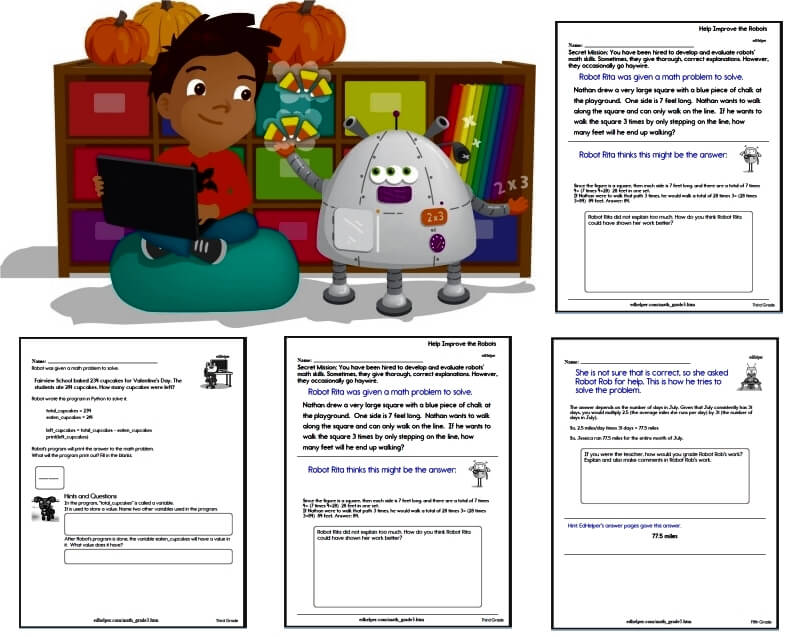
Daily Math Practice
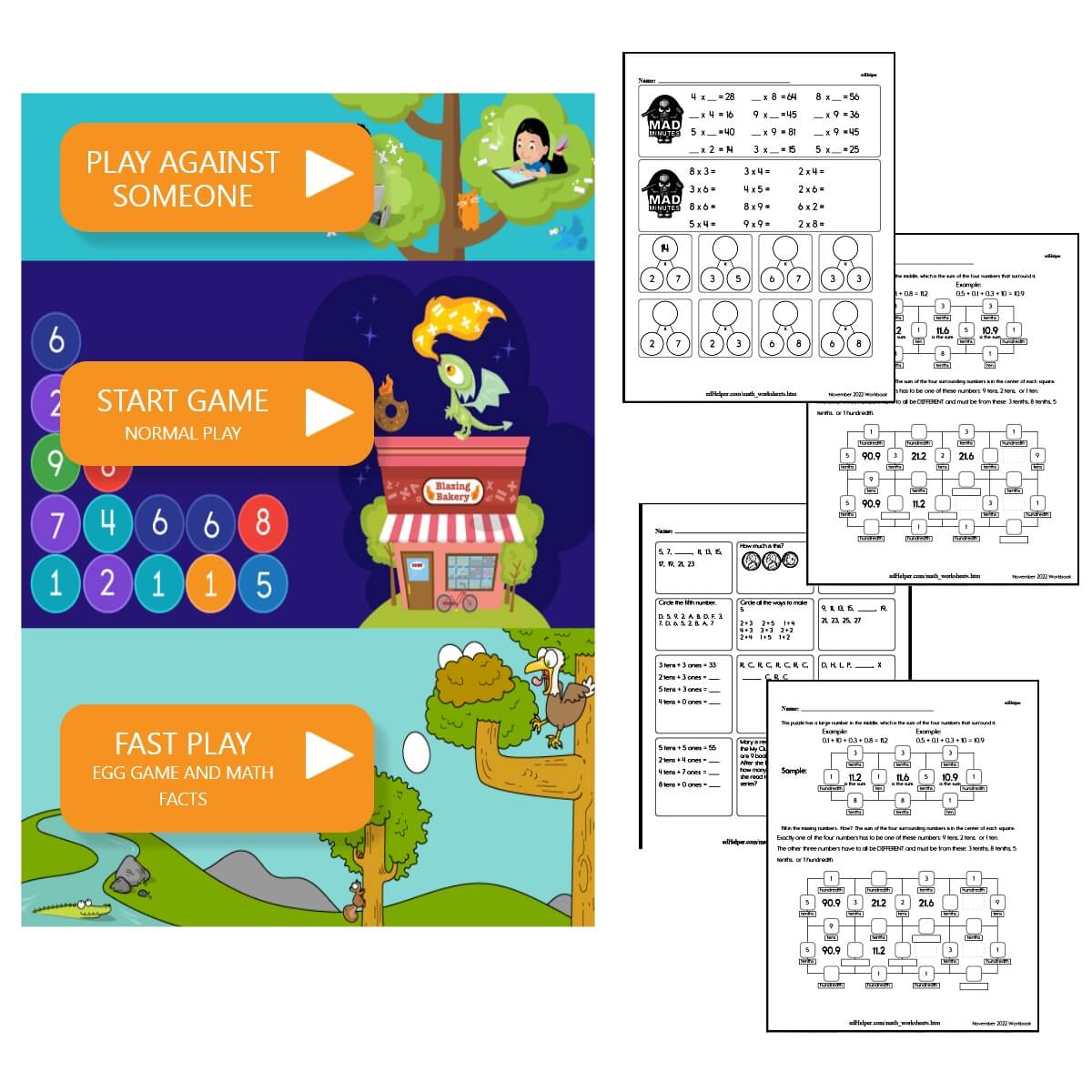
Math Homework for Generation Alpha

Freebies for Busy Teachers
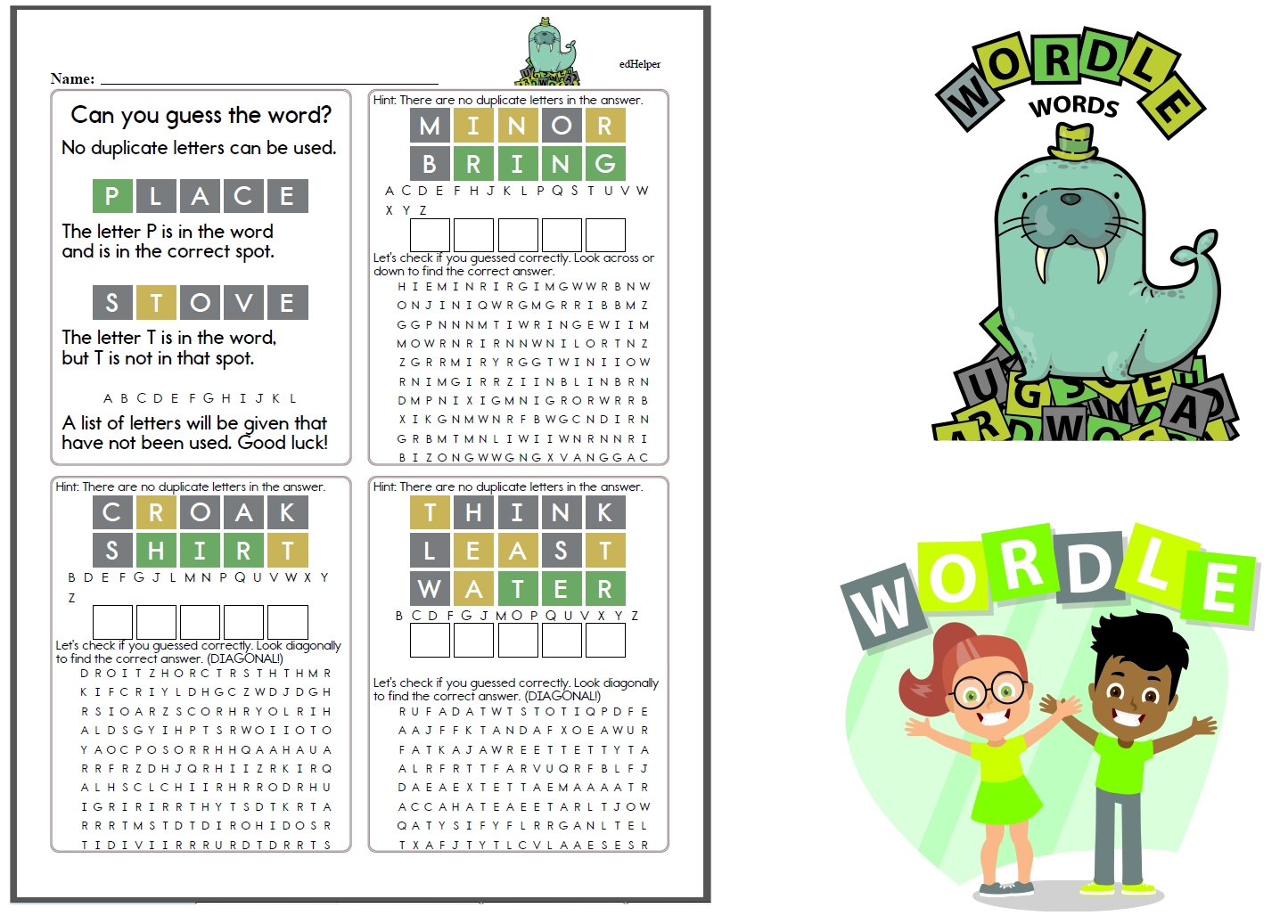
Wordle Worksheets

Mental Math Task Cards
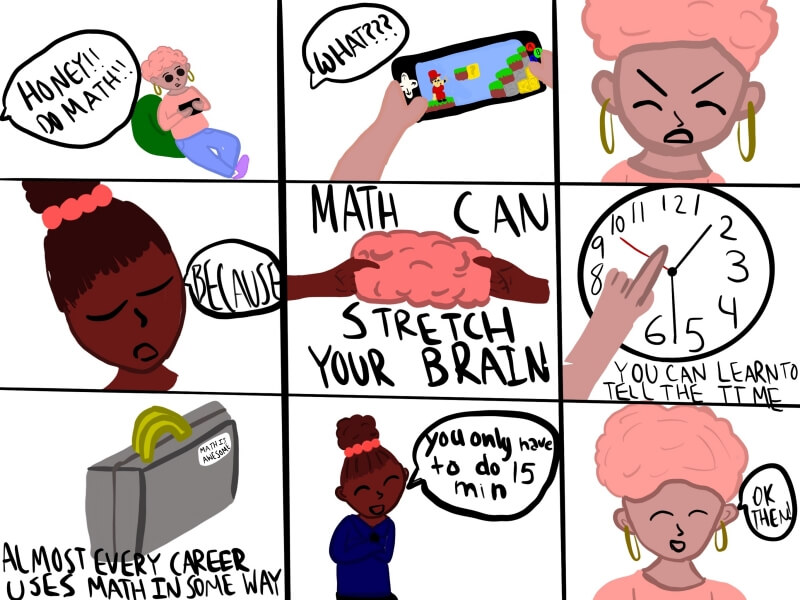
Elementary School Children Don't Get Enough Math Practice at Home
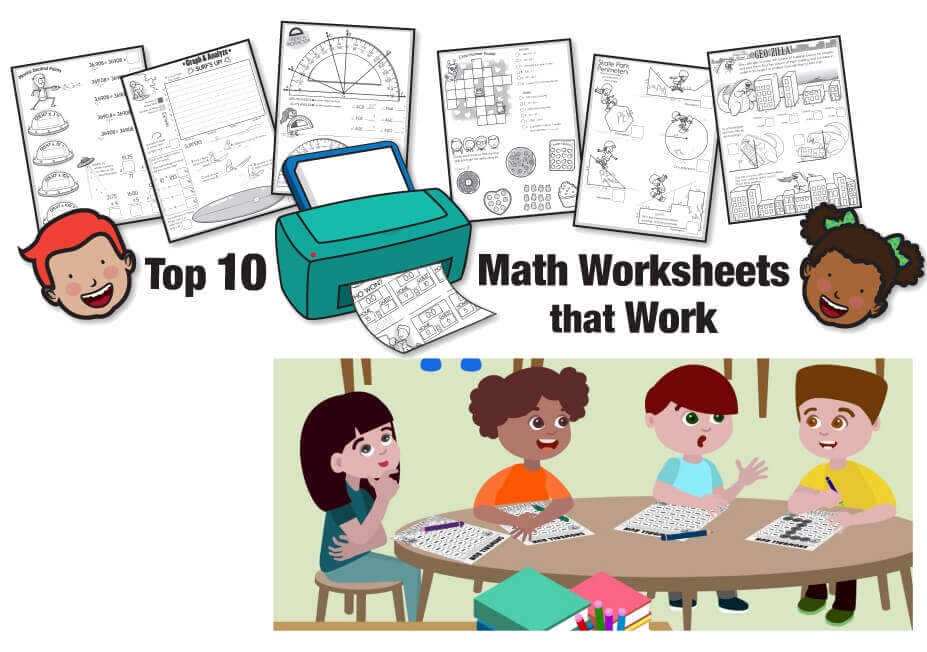
10 Math Worksheets That Work for Teachers (Free Printables)

Do Math Worksheets Really Work? What We Found May Surprise You.

Best Teaching Ideas
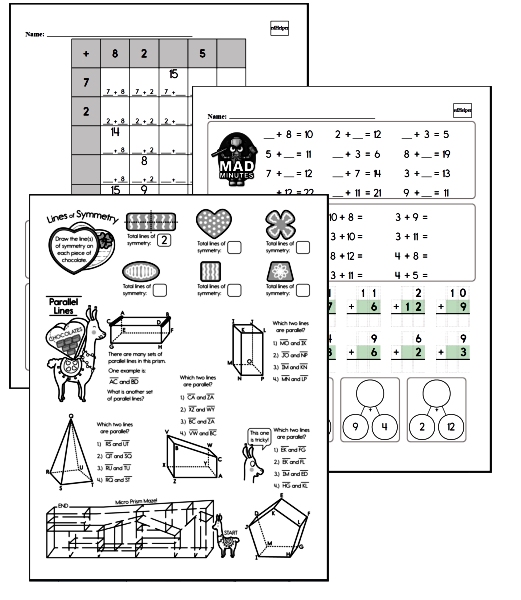
Math Worksheets
Free Math Worksheets - No Login
Kindergarten Jumbo Math Worksheets PackFirst Grade Jumbo Math Worksheets Pack
Second Grade Jumbo Math Worksheets Pack
Third Grade Jumbo Math Worksheets Pack
Fourth Grade Jumbo Math Worksheets Pack
Fifth Grade Jumbo Math Worksheets Pack
Sixth Grade Jumbo Math Worksheets Pack
Middle School Jumbo Math Worksheets Pack
